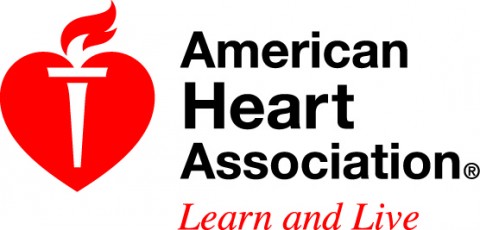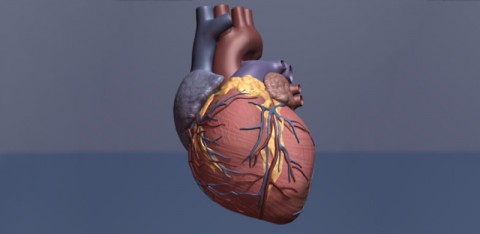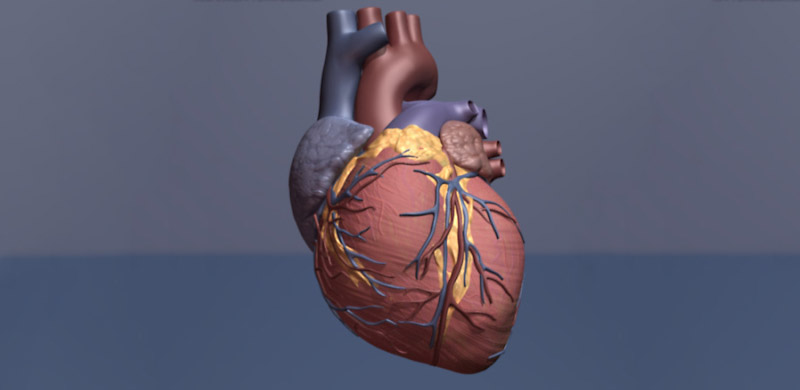American Heart Association Rapid Access Journal Report
 Dallas, TX – People with pacemakers or defibrillators who experience only short episodes of an abnormal heart rhythm known as atrial fibrillation have a very low risk of stroke, suggesting that anticoagulants in this group of patients were not likely to reduce the risk for stroke, according to new research in the American Heart Association’s journal Circulation.
Dallas, TX – People with pacemakers or defibrillators who experience only short episodes of an abnormal heart rhythm known as atrial fibrillation have a very low risk of stroke, suggesting that anticoagulants in this group of patients were not likely to reduce the risk for stroke, according to new research in the American Heart Association’s journal Circulation.
Atrial fibrillation is the most common abnormal heart rhythm, affecting approximately 2.7 million Americans.

As a result, guidelines recommend that patients with atrial fibrillation take anticoagulants, blood thinners that decrease the ability of the blood to clot, to reduce their stroke risk.
However, it has been unclear whether “short” episodes (estimated as less than 20 seconds) also increase medical risks and warrant anticoagulants.
Researchers analyzed 37,000 individual ECGs from 5,379 patients over 2 years enrolled in the RATE Registry, an ongoing study following patients with pacemakers or defibrillators that constantly monitor their heart rhythm. The study confirmed that long episodes of atrial fibrillation are associated with increased risk of stroke, heart failure, ER visit or hospitalization for an abnormal heart rhythm, or death.
In contrast, during the course of two years, patients experiencing only “short” episodes of atrial fibrillation were at no more risk of stroke or other cardiovascular complications than people without documented atrial fibrillation.
Over the two years of the study, researchers found:
- more than 15,000 episodes of atrial fibrillation;
- 94 patients were hospitalized for atrial fibrillation;
- 265 patients were hospitalized for heart failure;
- 47 patients were hospitalized for stroke; and
- 359 patients died.
The results suggest that, in patients who only experience short episodes of atrial fibrillation, the risks of bleeding associated with taking anticoagulants outweighs the risk of stroke.
“We knew that people with atrial fibrillation are at higher risk of stroke, but the next question was, how much atrial fibrillation?” said Steven Swiryn, M.D., lead author and clinical professor of cardiology at the Feinberg School of Medicine at Northwestern University in Chicago, Illinois. “Other studies have shown that prolonged episodes of atrial fibrillation pose a risk, but what about short ones? The answer until this study was ‘no one knows.’ Now we have good solid data that if all you have is short episodes of atrial fibrillation, the risk is so low that it doesn’t warrant anticoagulants.”
However, physicians should continue to monitor patients for progression to prolonged episodes of atrial fibrillation that may develop, Swiryn said.
The RATE registry was funded by St. Jude Medical.
Co-authors are Michael V. Orlov, M.D., Ph.D.; David G. Benditt, M.D.; John P. DiMarco, M.D., Ph.D.; Donald M. Lloyd-Jones, M.D., Sc.M.; Edward Karst, M.S.; Fujian Qu, Sc.D.; Mara T. Slawsky, M.D., Ph.D.; Melanie Turkel, M.S. and Albert L. Waldo, M.D., Ph.D.
Author disclosures are on the manuscript.
Additional Resources
- View the manuscript online.
- Follow AHA/ASA news on Twitter @HeartNews.
- For updates and new science from the Circulation journal follow @CircAHA.
- Subscribe to the Circulation on the Run iTunes podcast – a weekly overview of the issue’s contents for the busy clinician.



